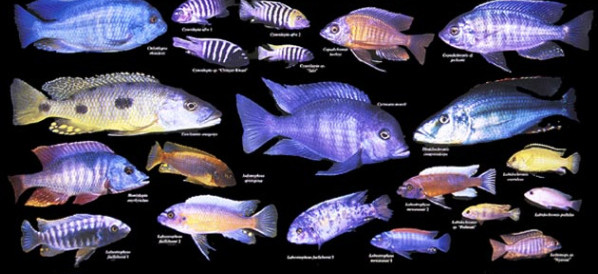 10 Terms
10 TermsHome > Terms > Macedonian (MK) > трговска област
трговска област
In a globalizing economy, it is perhaps surprising that countries increasingly trade with their nearest neighbors. One explanation is geography: as countries have lowered their tariff barriers, the relatively greater importance of transport costs makes proximity matter more. According to new trade theory, this also produces gains from economies of scale. But another reason for the fast growth in trade among nearby countries may be less benign. The proliferation of regional trade agreements may be causing neighbors to trade with each other when it would be more efficient for them to export to and import from afar. In the past 50 years more than 150 regional trade agreements have been notified to the general agreement on tariffs and trade (GATT) or the world trade organization (WTO), most of which are still in force. Roughly half of these, including some revisions of previous deals, have been set up since 1990. The best-known are the European union, the North American Free-Trade Agreement (NAFTA) and Mercosur in South America. There are dozens of other examples. Economists have generally been unenthusiastic about regionalism, for two reasons. First, they worry that preferential tariffs will cause trade to flow in inefficient ways, a process known as trade diversion. In a perfect world, trade patterns should be determined by comparative advantage: the comparative cost of making different goods yourself as opposed to buying them from various countries. If the United States imports Mexican televisions merely because the Mexican goods are tariff-free, even if Malaysia has a comparative advantage in television manufacturing, the main benefit of trade will be lost. The second concern is that regionalism will impede efforts to liberalize trade throughout the world. One prominent critic, Jagdish Bhagwati, an economist at Columbia University in New York, has famously said that regional trade areas are “stumbling blocks” rather than “building blocks” in the freeing of global trade. There is no clear-cut theoretical answer to the question of whether regional trade agreements are good or bad, and the empirical findings are hotly disputed. In general, though, it seems likely that it is better to have regional groups that are open to the rest of the world than groups that are closed.
- Szófaj: noun
- Szinonimák:
- Blossary:
- Ipar/Tárgykör: Economy
- Kategória: Economics
- Company: The Economist
- Termék:
- Betűszó/Rövidítés:
További nyelvek:
Mit szeretne mondani?
Terms in the News
Featured Terms
езеро Њаса
An African Great Lake and the southernmost lake in the Great Rift Valley system of East Africa. This lake,('''the third largest in Africa and the ...
Beküldő
Featured blossaries
Bagar
0
Terms
64
Szójegyzékek
6
Követő
Dark Princess - Without You
 10 Terms
10 Terms
Browers Terms By Category
- SAT vocabulary(5103)
- Colleges & universities(425)
- Teaching(386)
- General education(351)
- Higher education(285)
- Knowledge(126)
Oktatás(6837) Terms
- World history(1480)
- Israeli history(1427)
- American history(1149)
- Medieval(467)
- Nazi Germany(442)
- Egyptian history(242)
History(6037) Terms
- Authors(2488)
- Sportspeople(853)
- Politicians(816)
- Comedians(274)
- Personalities(267)
- Popes(204)
People(6223) Terms
- Material physics(1710)
- Metallurgy(891)
- Corrosion engineering(646)
- Magnetics(82)
- Impact testing(1)
Materials science(3330) Terms
- Biokémia(4818)
- Molekuláris biológia(4701)
- Microbiology(1476)
- Ecology(1425)
- Toxikológia(1415)
- Sejtbiológia(1236)




